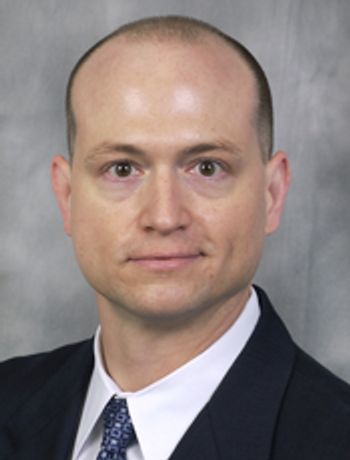
Editor in chief emeritus of Psychiatric Times, James L. Knoll IV, MD, was recently recognized for notable achievements in the education and teaching of forensic psychiatry.

Editor in chief emeritus of Psychiatric Times, James L. Knoll IV, MD, was recently recognized for notable achievements in the education and teaching of forensic psychiatry.

Data from a randomized phase III trial shows promise for new treatment strategy.

There are no human clinical trials or even case reports to assess or describe the efficacy of this very complex botanical. Here’s what we know.

There are 4 crucial failings in our current health care system, where the importance of relationships is ignored.

Patients want to pass on many things to their children; trauma is not one of them.

Although this year has thrown us off, there is much to be thankful for.

Researchers investigated in-hospital mortality and ICU admission in patients with COVID-19 with and without comorbid schizophrenia in a population-based cohort study.
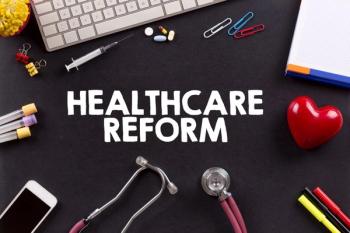
In addition to choosing a president and other political leaders, Americans cast their votes on a host of issues relevant to psychiatrists.
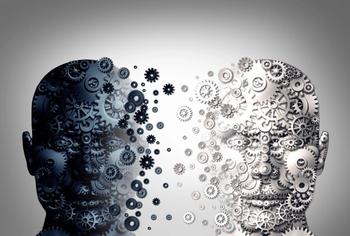
Does race affect the risk of stroke in patients with depression? A new study finds some answers and some new questions.

COVID-19 may lead to changes in personality and behavior, which require treatment across the continuum of care.

A new, unique long-acting injectable for treating schizophrenia may be on the way.

While incarceration is the definitive “treatment” for some, psychopathy exists on a spectrum like any other mental disorder; more recent research suggests the condition is capable of responding to treatment.

Writing for big media outlets like CNN is not always easy, but it is a great opportunity to educate the public.

Defense attorneys have concerns regarding their client’s competency in about 8% to 15% of felony prosecutions. That is where psychiatrists come in.

A recent study found riluzole may effectively combat hyperarousal symptoms in combat veterans with PTSD.

David Osser, MD, comments on the low priority of valproate for treating patients with bipolar disorder.
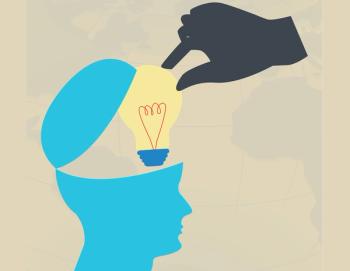
Is valproic acid dismissed out of hand? Three doctors discuss its potential as a treatment.

With the state of the world, there are so many difficult conversations about racism, hatred, and violence that we need to have with our children.

Scary or sweet? Read about the value of nonverbal communication and have some spooky fun.

Adial Pharmaceuticals announced the reactivated US Investigational application for their Alcohol Use Disorder therapeutic agent, AD04.

While COVID-19 has certainly caused a physical health pandemic, it is taking a heavy toll on mental health too, to the point that strategic action is clearly needed.
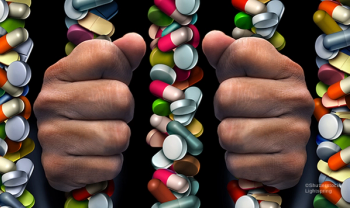
A significant proportion of incarcerated individuals struggle with with addiction. So what is being done about it?
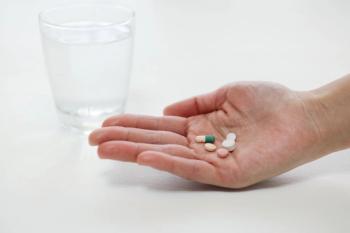
Oxcarbazepine might be considered for patients who you want to treat with carbamazepine for mania (as monotherapy or adjunct) but for whom it would be unsafe or who have been unable to tolerate it.
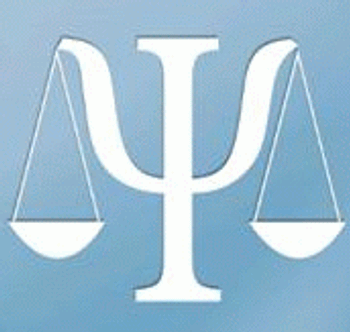
When switching to this long-acting injectable antipsychotic, how long should an oral pre-switch antipsychotic be continued? Find out in this quiz.

Racism is a problem that exists in our space. A new advocacy moment is here, and it needs to be seized.

In this interview with Dr Aftab, Dr de Haan discusses her enactive approach to psychiatry which applies insights from enactivism to help conceptualize and navigate the immense complexity of factors that contribute to psychiatric disorders, and articulates the enactive view of psychiatric disorders as disorders of sense-making.

In this interview with Dr Aftab, Dr Nielsen discusses his approach to psychiatry which sees mental disorders as dysfunctions in the behavioral and experiential processes representing “sticky tendencies” in the human brain-body-environment system.
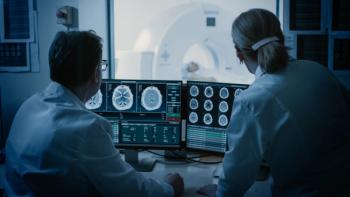
Akili announces new data on treatment EndeavorRx that reports real-world improvement for children with ADHD.

In the early days of the pandemic, there was debate about whether clinical services for patients with psychiatric illness were “essential.” The evolution of psychiatric consultation-liaison services to medically hospitalized patients was no less complex.

He was happy in a Gettysburg field, before he turned 13. That was the year his father’s body launched its own Civil War.